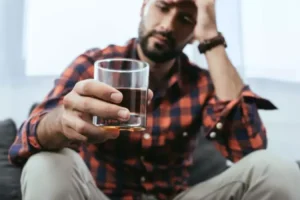
Love addiction is not classified as a mental illness because it’s not yet recognized in the Diagnostic and Statistical Manual of Mental Disorders, 5th edition (DSM-5). Romantic love, in particular, loving an addict may sometimes feel so powerful that it can be all-consuming. Or perhaps you’re searching for something you’re unlikely to find (like romanticized love that mostly only exists in the media).
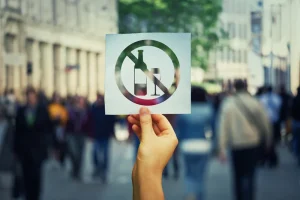
Coping With Love Addiction
- It’s completely normal and healthy to want a relationship, and if your search for love doesn’t harm you or anyone else, you likely don’t need to worry.
- Other times, love’s pull is so strong that we might follow it even to the point of hardship or personal ruin (Earp, Wudarczyk, Sandberg, and Savulescu 2013).
- Putting the terminology aside, if you’re experiencing love addiction, you may want to consider speaking to a mental health professional.
- Therefore, addressing co-occurring mental health disorders is critical for successful addiction treatment.
- Enabling an addict refers to behaviors or scenarios where you’re removing consequences from the behaviors of the addict.
- However, many experts feel there’s enough evidence to consider it as an independent mental disorder.
Denial is a symptom of addiction and supports a compulsion to cling to the relationship. Facing the truth would create inner conflict about our fear of emptiness and loneliness, which underlie addiction. Similarly, when our emphasis is on how our partner makes us feel or how he or she feels about us, our “love” is based on a self-centered, codependent need.
Understanding and Preventing Teen Suicide: CAMS-4Teens™ as an Effective Treatment Approach
With CBT, the therapist helps the person uncover and cope with causes and triggers for addictive compulsions and behaviors. However, some people develop feelings that extend past normal, healthy interest and into love addiction. Given this inherent value-ladenness, we suggest, in defining some condition as a disease or a disorder, we should consider a range of different outcomes that would result from the application of such a label. We must consider who we think should have excuses for their behavior; who should receive support from friends or from the state; who should be an object of medical research; and (above all) who should receive treatment. An addiction to love can definitely have an effect on your well-being.
Love Addiction
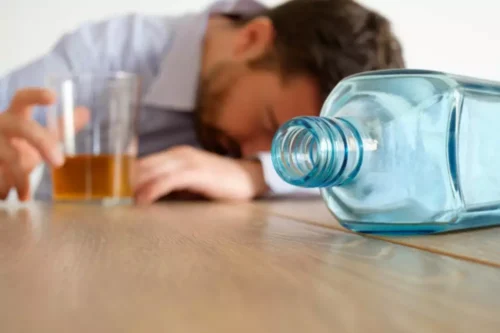
Finally, neuroimaging support for an overlap between love-addiction and drug-addiction comes from studies in which participants have been exposed to images of their romantic partners during scanning. These images evoke not only self-reported feelings of love and positive affect but also show heavy activation in brain’s reward regions (Aron et al. 2005; Bartels and Zeki 2000; Young 2009; Fisher et al. 2006). A further distinction has been drawn by Sussman (2010), following Curtis (1983), between mature love and immature love. Sussman suggests that only the latter may be considered a form of addiction.
Treatment for Love Addiction
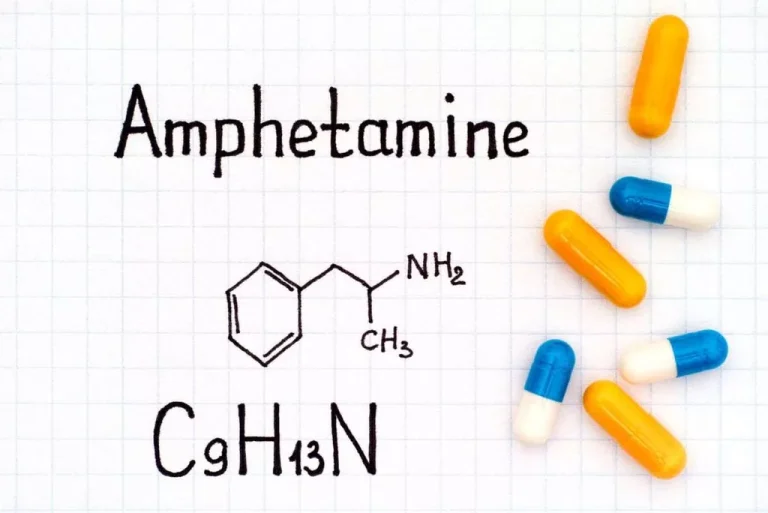
When relationships come to an unwanted end, we feel pain, grief, and loss. We may even become depressed, or withdrawn from society (Mearns 1991). You may come to a point in your life where you have to let go of an addict you love. This is often after they’ve refused treatment, or continued to use drugs despite your attempts to create boundaries and consequences.
- While you may make your best effort to help them, at some point, you might also have to understand how to let go of an addict you love.
- 5It is important here to distinguish between physical and psychiatric disease.
- Other researchers have proposed love addiction might be best understood as a biaxial continuum—with the vertical axis representing attachment-related behaviors, and the horizontal axis indicating reward-seeking and impulsivity.
- Denial is a symptom of addiction and supports a compulsion to cling to the relationship.
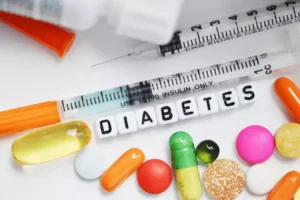
Can mental health symptoms play a part?
Last modified: September 11, 2024
